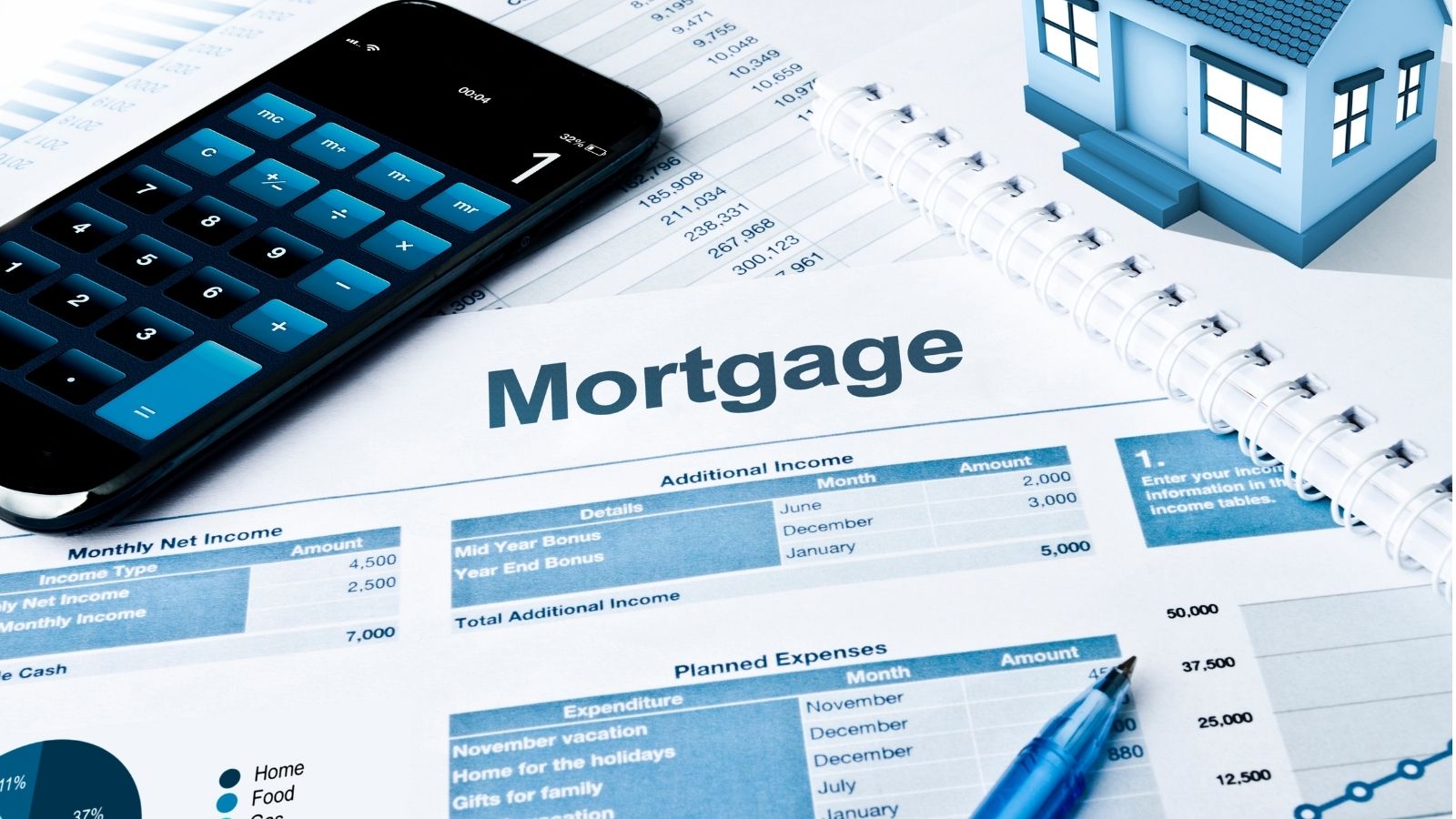Getting a home mortgage loan approval can be a lengthy and stressful process. And it’s one you’ll need to have completed before you shop for your dream home. Here are a few of the basics of a home mortgage loan.
One: The Four Kinds of Mortgages
There are four kinds of home mortgage loans you can apply for.
Conventional Loan
The most common is the conventional home loan. For this type of loan, you’ll need a credit score of 620 or higher and a debt-to-income ratio of 36 percent or lower.
If your credit is too low or your DTI is too high, you may be able to use a co-signer. When someone co-signs for the loan, they’re using their credit. Essentially, that person becomes a co-owner of your house. If you default on your payments, the lender will turn to your co-signer to pick up the payments.
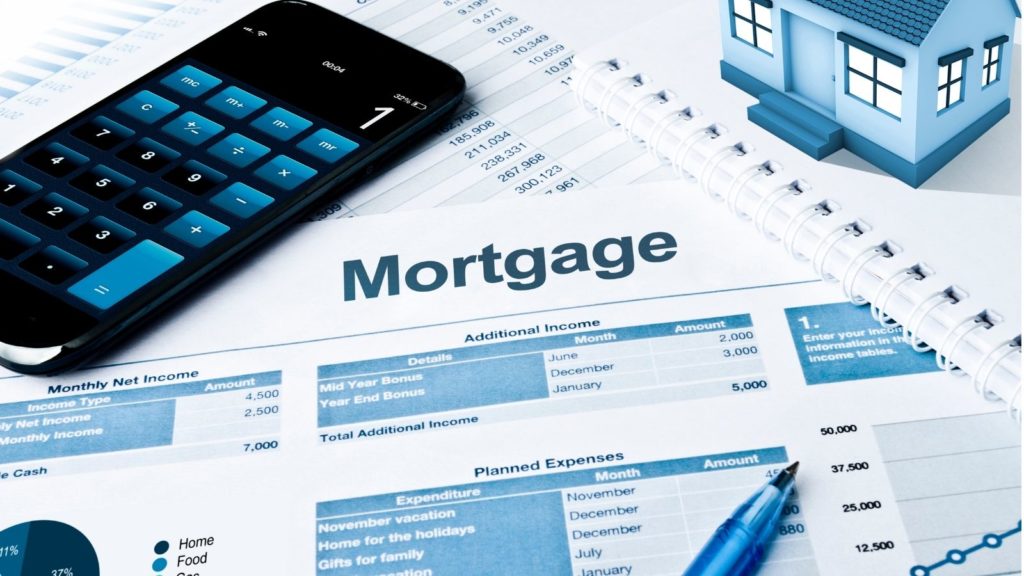
You’ll need to come to the table with enough cash on hand to pay for an earnest money deposit, closing costs, and your moving expenses.
Closing costs are not typically included in the home mortgage loan. You pay them, in cash, on closing day. However, some lenders do make exceptions. If you decide to roll your closing costs into your loan, you’ll pay a higher interest rate. You’ll also be paying on those closing costs for the next thirty years.
FHA Loan
For people who can’t afford such a high down payment and whose credit is compromised, there’s a loan called an FHA loan, which is supported by the Federal Housing Administration. The relaxed requirements make it easier to qualify, but the lender has more stringent guidelines for the type of property you can buy and is stricter with the appraisal and inspection.
The FHA does not provide the loan. Instead, the lender provides the loan with the assurance that the FHA will pick up payments if you default. Not all lenders accept FHA loans, so check that first before you apply.
VA Loan
The VA loan is backed by the Department of Veterans Affairs. This loan is designed exclusively for active and retired members of the military and their spouses. A VA loan can lower or eliminate closing costs.
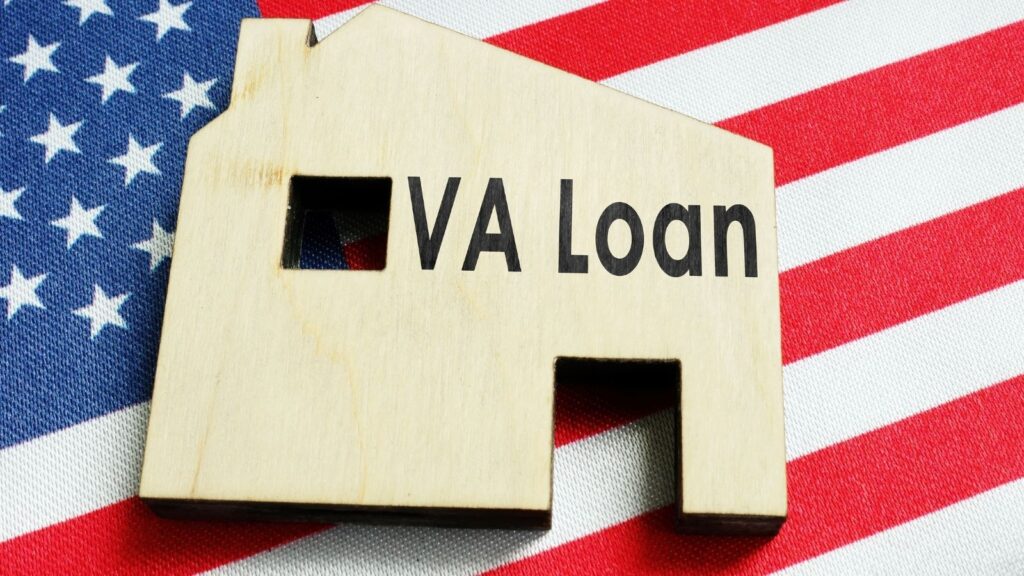
As with the FHA loan, the VA loan is not obtained from the VA. The Department of Veterans Affairs isn’t the one loaning you money; the bank is, but they do so comforted in knowing that your loan is backed by a reputable resource.
Not all lenders work with VA loans, so it’s important to shop around until you find the right lender.
USDA Loan
For people purchasing rural or suburban property, a USDA loan could be the answer. Backed by the United States Department of Agriculture, these loans can lower or eliminate the down payment.
Your Lender Determines Your Closing Costs
There are several fees encompassed in your closing costs. These fees include lender fees, underwriting fees, escrow fees, homeowner’s insurance, property taxes, a title check and transfer, an appraisal, inspection, and more.
The lender usually contracts their own appraisal and inspection, but you may be able to hire your own for less money. Ask your real estate agent about hiring an appraiser and inspector, as well as any other service-related costs.
Your agent may also have contracts with local providers.
| Dekalb County | Fulton County | Gwinnett County |
When you apply for a home mortgage loan, you’ll receive a detailed estimate of closing costs. Review this list carefully. Some of the items may be negotiable.
Check-in with at least three lenders. Check their rates, their terms, and their estimated closing costs. With that information in hand, you may be able to negotiate a better deal with the lender of your choice.
Three days before closing, your lender is required to send you a statement of actual closing costs. Review this document carefully to make sure you’re not being overcharged.
Property Taxes and Insurance
When you are approved for your home loan, your lender opens an escrow account, which is like a savings account. In it, they store a portion of your property taxes and homeowner’s insurance. If you live in a flood zone or an area prone to fires, you may be required to obtain separate flood or fire insurance.
The payments for these things are included in your monthly mortgage payment. When the time comes for those bills to be paid, the lender pays them on your behalf.
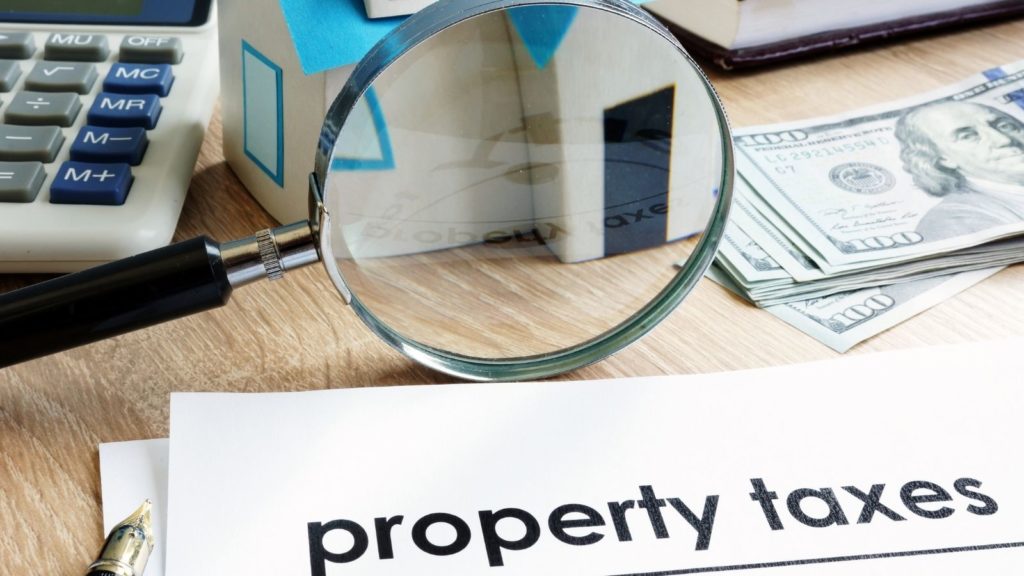
Credit Check, Income Verification, Work History, and Documents
Your lender, when you apply, will consider many factors, primarily your credit, debt-to-income ratio, income verification, and bank statements. You’ll also provide statements for any credit card accounts, loans (including student loans), and any assets you have. Try to organize these documents before you apply to expedite the process.
That’s not the only time the lender checks these elements. On or near closing day, the lender will verify all of these things again. If anything has changed, such as bank accounts dropping drastically, new financing obtained, or a change in employment, the lender can withdraw their offer for the loan.
Avoid making any significant changes during the closing process.
Life of the Loan and Interest Rates
You can choose a loan that spans 30 years, which lowers your monthly payments. Or you can cut that time in half and double your payments for a 15-year loan.
You can also choose a fixed vs. variable rate. A fixed-rate starts higher but remains the same throughout the life of the loan. A variable rate starts out small but then increases over time.
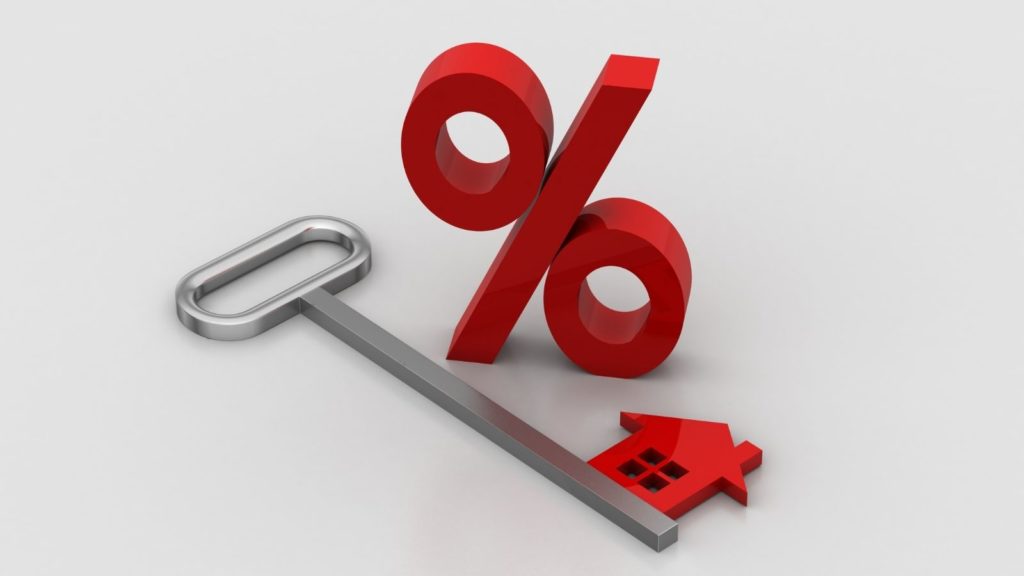
Purchasing Points to Pre-Pay Interest
Purchasing points is a way that buyers can pre-pay a portion of the interest on their loan. In most cases, one point costs one percent of the loan total.
One point usually lowers your rate by 0.25 percent. For example, if the interest rate is five percent, a point will reduce that rate to 4.75 percent.
If the amount of your loan is $350,000, a single point will cost $3,500. You can purchase as many points as you’d like.
If you purchase points, that money is due, out of pocket, on closing day.
Your Mortgage Payment
There are essentially four parts to your monthly mortgage payments. The first part is your principal, which is the amount that pays down the balance of the loan.
The second part is interest, which is what the bank is charging you to finance the loan. This does not bring down your loan balance; it’s a separate fee.
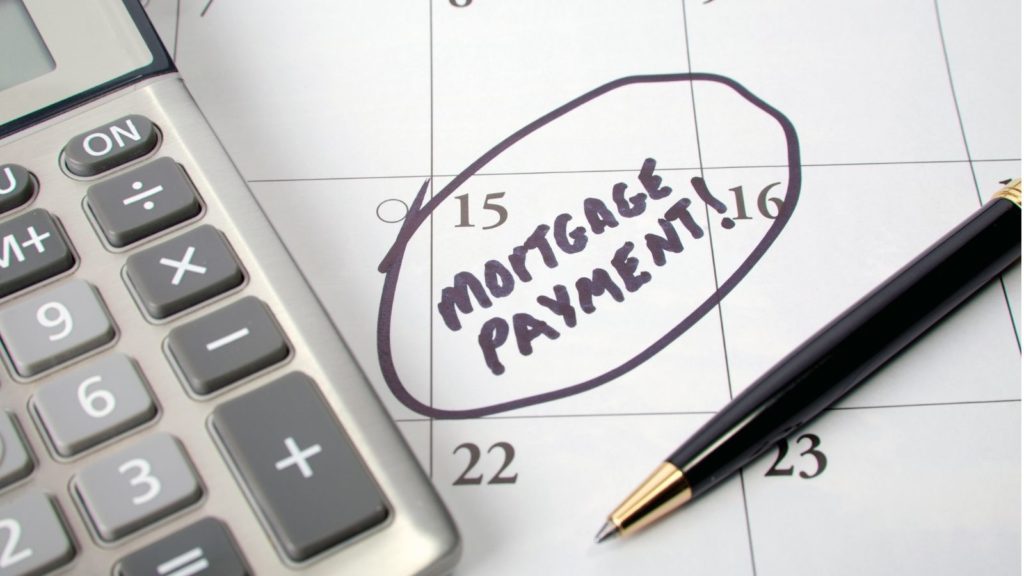
Third, you’ll pay property taxes, which are stored in escrow and paid for you.
The fourth element of your mortgage payment is insurance.
Have Questions? Ask Bridget!
Give Bridget Johnson a call today to learn more about local areas, discuss selling a house, or tour available homes for sale.
